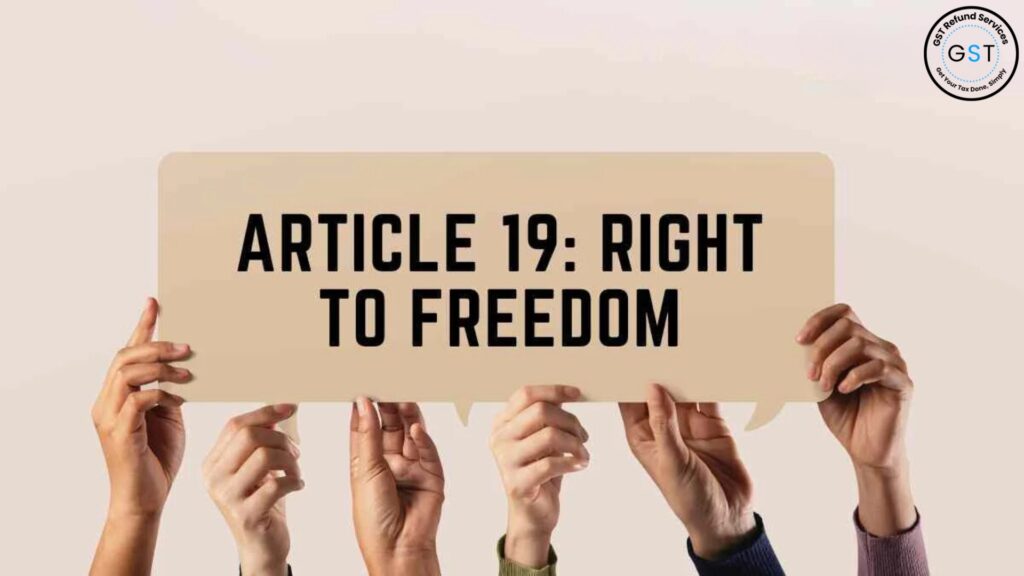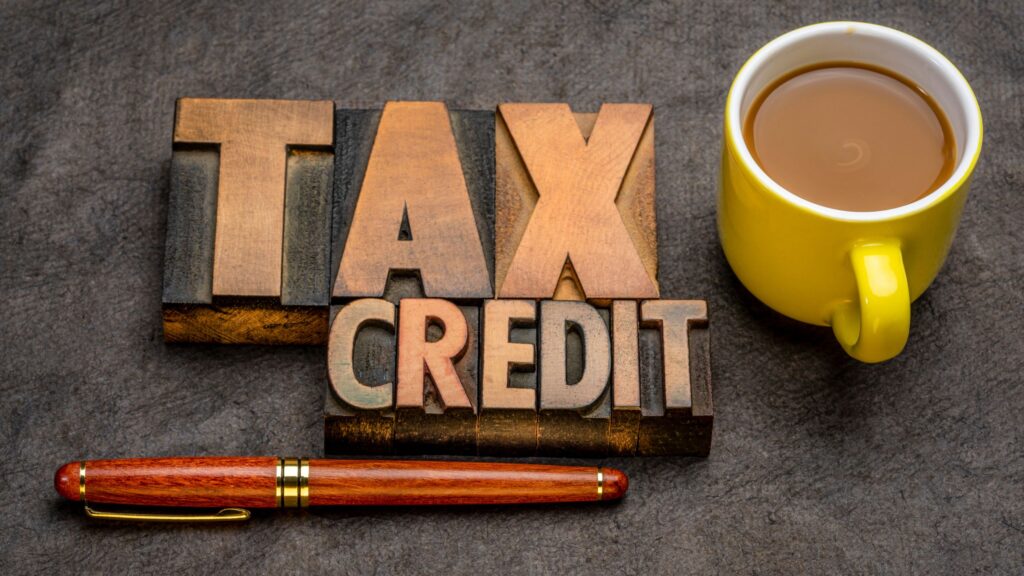
This is one of the fundamental rights guaranteed by the Indian Constitution, and the GST Regime’s overly technical justifications cannot deny this fundamental right.
1. Madras High Court
1.1 Tvl. Suguna Cut Piece Center
GST enactments – Violation of Article 14 and Article 19 of Constitution of India – The GST enactments’ provisions cannot be read to deprive citizens and subjects the ability to engage in trade and commerce –
Regardless of flaws in the GST enactment plan, the unqualified and unchangeable constitutional guarantee must be upheld – Right to carry on trade or profession also cannot be curtailed – Only reasonable restriction can be imposed –
It would be detrimental to their rights to deny them such privileges under Article 14, read with Articles 19(1)(g) and 21 of the Constitution of India.
1.2 Abdul Samad Mohamed Inayatullah
The decision to terminate the assessee’s GST registration should be overturned since it would be pointless to keep them out of the GST regime and would be violating their constitutional rights under Articles 19(1)(g) and 21.
1.3 Sri Marg Human Resources Pvt. Ltd.
Provisional Bank Account Attachment – GST: The petitioner company is alleged to have settled GST fraudulently by utilizing fake invoices for input tax credit. HELD: Attachment cannot override rights under Article 19(1)(g) of the Indian Constitution.
2. Bombay High Court
2.1 Narayan Power Solution
Customs officials are not specifically permitted to close off a site in order to perform a search because this is an excessive measure. This is a violation of Articles 19(1)(g) and 300A of Constitution of India.
3. Orissa High Court
3.1 Durga Ram Patnaik
The petitioner’s right to livelihood (Article 21 of the Indian Constitution) and the ability to conduct business would be impacted if his request to revive his GST registration number was denied. [Article 19(1)(g)].
4. Calcutta High Court
4.1 Shew Bhagwan Goenka
1974 TAX. L R 1616 ::77 CAL W N 1026
Bengal Finance Sales Tax Act (1941) S.2 (1a) Restrictions imposed by the retrospective amendment are unreasonable; Section is hit by Article 19 (1) (f) and (g).
Restrictions were for Registration.
5. Andhra Pradesh High Court
5.1 J. V. Seshaiah and Sons
1972 TAX. L. R. 1706 ::28 S T C 614
Andhra Pradesh General Sales Tax Rules 1957 – Rule 45-D requiring oil millers of grounds-nuts to maintain a register showing hourly working of the decorticator and expeller imposes excessive and arbitrary restrictions on the business of the oil millers and interferes with their right to carry on business under Art. 19 (1) (g) and is therefore invalid.
The rule cannot be considered to be in the public interest because it does not in any way benefit in tax levying and collecting or in preventing tax evasion.
Visit Our Website GST Refund Services For More!


